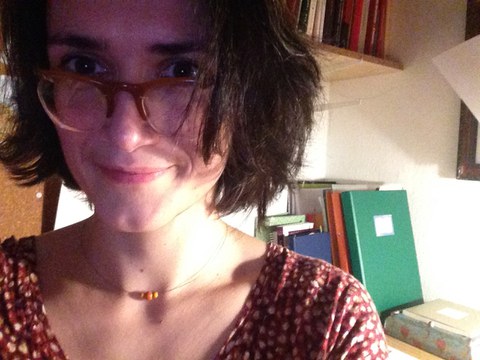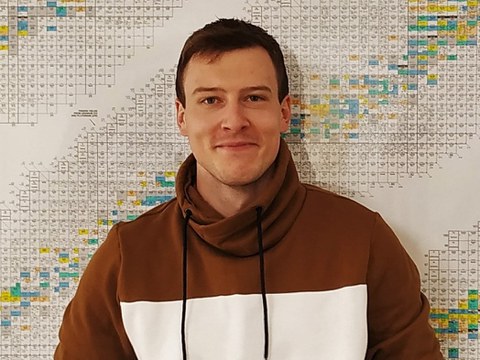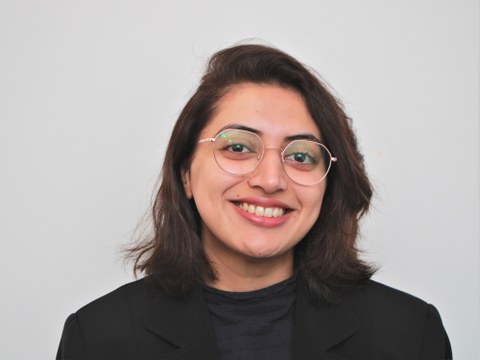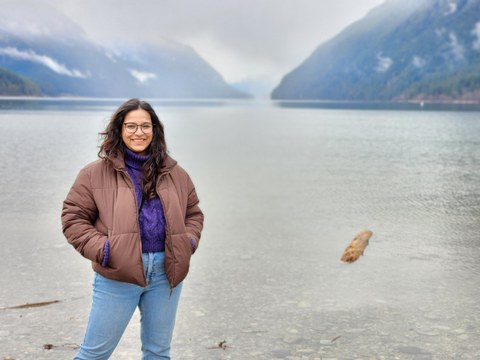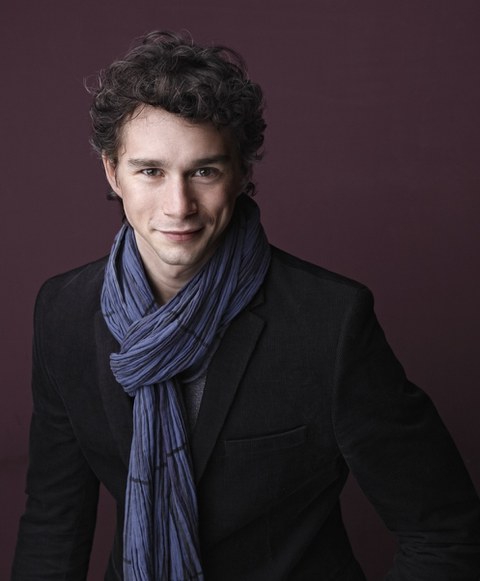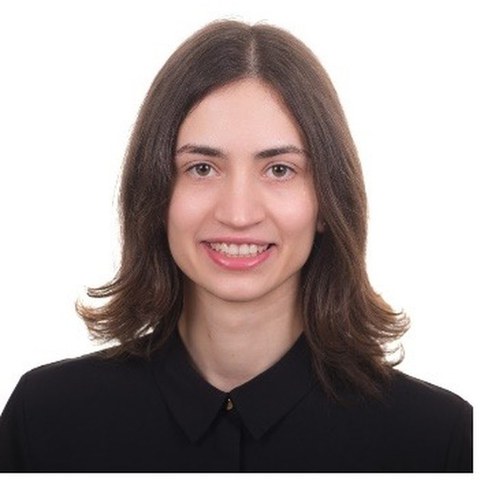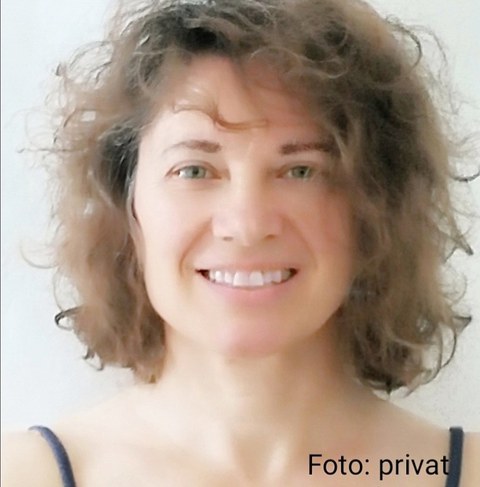Jun 02, 2023
Candidates for the Doctoral Council of TU Dresden 2023/24
From 19 to 21 June 2023, the Doctoral Council of TU Dresden, representing all doctoral candidates of TU Dresden, will be elected again for the term of office of one year. The elections are free, equal and secret. The election regulations of the TU Dresden of 27 September 2019 in the amended version of 28 September 2022 form the basis for orientation.
All doctoral candidates of TU Dresden who have been accepted for doctoral studies and registered in Promovendus are eligible to vote and will receive an invitation to vote online on 19 June.
Candidates for the election of the Doctoral Council are:
| Majka Hausen | Faculty of Linguistics, Literature and Culture |
| Dominik Koll | Faculty of Physics |
| Hifsa Pervez | Faculty of Mechanical Science and Engineering |
| Shamini Ramkumar Thirumalasetty | Faculty of Medicine Carl Gustav Carus |
| István Simon | Faculty of Business and Economics |
| Jasmin Stein | Faculty of Psychology |
| Maren Weissig | Faculty of Architecture |
The candidates' self presentation:
Majka Hausen: I am generally interested in communication, especially in political communication. Since I have not been on any committee during my Bachelor's and Master's, I was keen to catch up on this experience. During a year of committee work in the Doctoral Council, I decided to continue the work, as I would like to get more involved in networking for doctoral students. This is not least due to my own experience of how difficult it can be to do research resting solely on once own impetus, without any affiliation to the university.
Dominik Koll: I studied physics in Munich and in Australia. Then I came to Dresden to do my doctorate at the HZDR. I would like to contribute the experience I gained as an external student, especially in the area of bureaucracy and flexibility, to the PhD Council.
I am committed to equal rights and flat hierarchies and would like to reduce the bureaucratic obstacles to make it easier for new students to get started. As an employee of an external research centre, the well-being of doctoral students from other research institutions is particularly close to my heart. One of my goals is to improve networking between doctoral students from different areas, institutes and institutions.
Hifsa Pervez: As an international student in different countries, I have realized that an important part of a fulfilling experience at the university relies on the student council. Starting in TUD as a Master student, I have noticed that students feel differently before and after the pandemic. Although it is nice to see the events and conferences coming back, I believe there is a lack of a bridge we need to cross between the two years of dormancy and active student life again. Hence, my motivation is to promote a functioning and reliable Doctoral Council in which I would like to address the following:
- Inclusivity: It is nice to hear governments making new reforms, but what about our immediate environment? Do we feel accepted and included? How can we ensure that new colleagues to our department/Dresden feel welcome?
- Engagement: Improve the crosstalk between different faculties, often with PhD workload we barely know what is going outside our circle. I believe we can make better changes when we engage with our local initiatives, such as the many new cool groups originating in TU. Connect ideas, connect hobbies, and connect concerns!
- Support: Whether it is academic writing or burn-out, I would like DDocs to be a welcoming platform to discuss matters and learn from the experience of others and improve our scientific career.
Shamini Ramkumar Thirumalasetty: Having spent the last 1.5 years as a Doctoral Student in TU Dresden, I have had the good fortune of meeting peers from different faculties and diverse cultural backgrounds. Getting to know their stories of resilience, unrelenting dedication, and undiluted passion towards their field of interest has left a deep impression on me. I am ever grateful to all these wonderful human beings for this enriching experience.
This feeling of immense gratitude has moved me to contribute to my peers’ doctoral journey by being part of the Doctoral Council. I am eager to meet new doctoral researchers, be amazed by their stories and make a positive difference in their journey.
István Simon: I am a PhD student at the Faculty of Economics and have been a member of the TUD Doctoral Council during the term 22/23. My intention is to contribute to the development of interpersonal relationships and networks. I aim to foster collaborations and exchange, to improve the visibility of the doctoral students and their work within, as well as outside of the university, to lobby for the development of such sustainable models and structures that can give various desirable perspectives for TU Doctoral Students to remain and continue their work in Dresden if they wish to do so. As a member of the TU Dresden Doctoral Council, for the next term, I aspire to realize Saxony - wide university networking events along with soft-skill development for research innovation, as well as art-science fusion events in art spaces. The special skills of artists can be a secret instrument that may support researchers and scientists in finding solutions and answers for the most urging challenges of our time. I am looking forward to supporting the topics of inclusion and discrimination as social health and well-being questions.
Jasmin Stein: As a member of the previous doctoral council, I am highly motivated to keep working on creating a community for doctoral students at TU Dresden and towards strengthening the voice of PhD students within the university. It is important to create a space for PhD students to network, exchange scientific ideas, support each other, socialize, but also raise and discuss concerns regarding work and life as a doctoral student at TU Dresden. I would love to take part in actively shaping and improving this process by building on our previous work.
Maren Weissig: I am Maren, studied art and architecture and between the two courses of study I learned the profession of restoration. Architect, restorer and artist is an unusual career path on the way to a doctorate. With this challenge and my individual course of life I would like to encourage others to do a doctorate, but above all to motivate them to continue and persevere if they have doubts or are considering dropping out or interrupting.
It is a matter of course for me to represent the interests of the doctoral candidates of our university to the university management and the State of Saxony. Especially the doctoral students deserve appreciation, visibility, perception of their needs and individual support. Their achievements are an important building block in science, teaching and practice. My commitment is directed precisely at these researchers.
I am happy to let projects, activities and initiatives from the practice of my commitment have their say.
SächsHSFG: According to the collected needs of the doctoral students, I formulated this in joint work with the representatives of TUBA Freiberg as a statement for the hearing of the Second Act on the Amendment of Higher Education Law / Amendment of the Saxon Higher Education Freedom Act. Our demands are now included in the upcoming Saxon HSG.
ITFMW: The day of action "International Day of Women and Girls in Science" was prepared over two years and held this year for the first time at TU Dresden on February 11, 2023. Female scientists whose achievements were honored by the Prorector for Research had their say.
WissZeitVG: I am currently working closely with the representatives of doctoral students at other universities on a statement on the planned amendment of the Wissenschaftszeitvertragsgesetz.
"Chatting at lunchtime" - the direct line to the PhD Council: In direct exchange with the PhD Council of the TU Dresden, a monthly meeting Beyond hierarchies and without an agenda over a shared tea, coffee or lunch, I take time for an open and relaxed conversation with our PhD students. I care deeply about balancing research funding, family or caregiving obligations, and health with the PhD, since the beginning of the pandemic, but especially in the aftermath. I work in various committees to help shape TU Dresden and make it attractive for PhD students, especially with regard to career opportunities.
What would I like to achieve at the TU Dresden?
I understand diversity and equal opportunities very broadly, in particular I take diversity dimensions such as "age", "ethnicity", "gender", "health/disability", "social origin" and intersectional connections equally into consideration. I would like to focus more on individual life courses, the transition to or course of undergraduate and doctoral studies, and further academic qualification.
Our scientific careers are significantly influenced by the development of a strong network during our doctoral studies. Such a network not only enables the exchange of ideas, but also helps us to overcome personal problems we experience as doctoral students together with like-minded people. Therefore, I am actively committed to building a university-wide network for doctoral students. By organizing events such as the "International Day of Women and Girls in Science" action day and the "PhD Welcoming Week", we create opportunities for contacts, promote the visibility of PhD students, and raise awareness of the importance of networking at all levels of the university.
What would I change at TU Dresden? The situation of self-funded PhD students and more media appreciation and promotion of PhD students.


